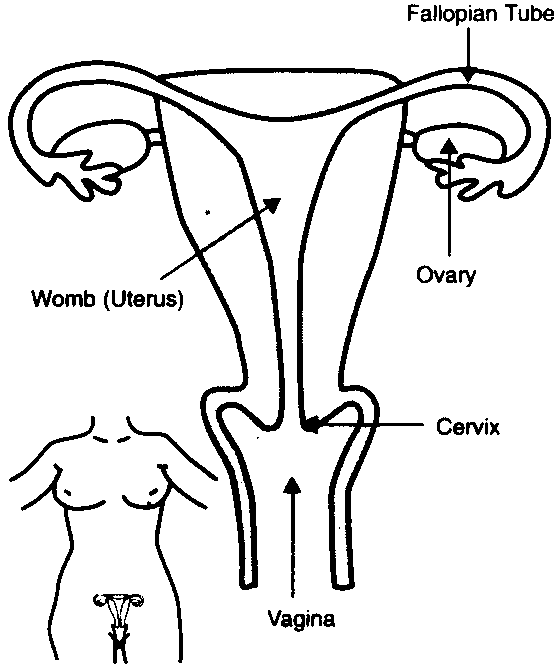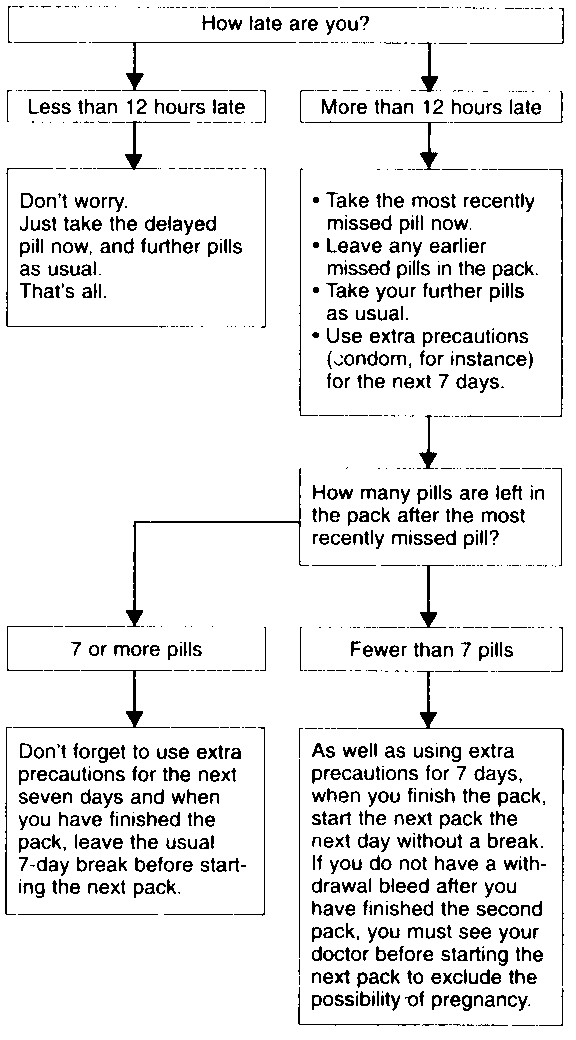Ovranette*
Patient Information Leaflet
Please read this carefully before you start to take your tablets. This leaflet provides only a summary of the information available on your medicine. If you have any questions or are not sure about anything, ask your doctor or pharmacist.
What's in your tablets?
The name of your medicine is Ovranette.
Ovranette is supplied in a carton containing 3 blister packs of tablets.
Each blister pack of Ovranette contains 21 beige, shiny, sugar-coated tablets, each containing 150 micrograms of levonorgestrel and 30 micrograms of ethinyloestradiol. Ovranette tablets also contain lactose maize starch povidone, magnesium stearate, talc, sucrose, polyethylene glycol, calcium carbonate, glycerin, titanium dioxide, iron oxide yellow pigment (E172) and wax. Ovranette is an oral contraceptive.
The product licence is held by:
John Wyeth and Brother Limited
trading as Wyeth Laboratories
Huntercombe Lane South
Taplow
Maidenhead
Berks SL6 0PH
The manufacturer is:
Wyeth Medical Ireland
Little Connell
Newbridge
County Kildare
Republic of Ireland
How the female reproductive system works
Once a month, an egg (or ovum) is released from one of the ovaries and passes along the fallopian tube to the womb. Fertilisation, (the joining together of the male's sperm with the female's egg) usually takes place while the egg is still in the fallopian tube. The fertilised egg embeds itself in the wall of the womb, which has been specially prepared to receive it, and it grows into a baby.

If fertilisation does not take place, then the egg b shed in the next menstrual period.
What do your tablets do?
Ovranette is a combined oral contraceptive, and belongs to a group of products often referred to as the Pill. Your doctor may also prescribe it for some other conditions, such as premenstnual tension, or heavy, painful or irregular bleeding. It contains different amounts of two types of hommone: an oestrogen (ethinyloestradiol) and a progestogen (levonorgestrel). These hormones stop the ovary from releasing an egg each month (ovulation). They also thicken the fluid (mucus) at the neck of the womb (cervix) making it more difficult for the sperm to reach the egg, and alter the lining of the womb to make it less likely to accept a fertilise egg.
Medical research and vast experience have shown that, if taken correctly, the Pill is an effective reversible form of contraception.
BEFORE YOU TAKE YOUR TABLETS
Reasons for not taking Ovranette
You should not take these tablets:
- If you think you may be pregnant
- If you have now, or have ever had:
- Clots in the blood vessels, high levels of blood fats (hyperlipidaemia) or other conditions which may make clotting in the blood vessels more likely
- Cancer of the breast or cancer of the lining of the womb (endometrial cancer)
You should not take these tablets:
- If you have
- Abnormal red blood cells (sickle cell anaemia)
- Serious long-term liver disease
- Certain types of jaundice (Dubin-Johnson or Rotor syndrome)
- Unexplained abnormal vaginal bleeding
- If you have had any of the following whilst pregnant:
- Itching of the whole body (pruritis of pregnancy)
- Jaundice which was not caused by infections, poisons or obstruction to the flow of bile (idiopathic jaundice of pregnancy)
- Worsening of inherited deafness (otosclerosis)
- The rash known as pemphigoid gestationis (previously called herpes gestationis)
What you should know before you take the Pill
Women who take the Pill have an increased risk of developing a blood clot which can block a vein or artery (thrombosis) and can have severe effects. This risk is considered to be less with pills such as Ovranette which contain lower doses of contraceptive hormone. Women who smoke or who are overweight and those who have diabetes, varicose veins, migraine, heart disease or high blood pressure are at an increased risk of thrombosis. If you have any of these conditions, you should discuss the matter fully with your doctor.
The Pill is not recommended for older women who smoke because the risk of developing thrombosis is greater Fit women who are not overweight and who do not smoke may continue to use a modern low-dose Pill. It is important that you have regular check-ups, including having your blood pressure taken, to make sure you can continue to take the Pill. Cancer of the liver has rarely been reported in long term users of the Pill. Non malignant liver tumours have also been linked with Pill usage.
Information linking the use of the Pill and breast cancer remains unclear. Some studies suggest an increased risk of breast cancer in women who have taken the Pill for a long time. However, this risk is likely to be small,

